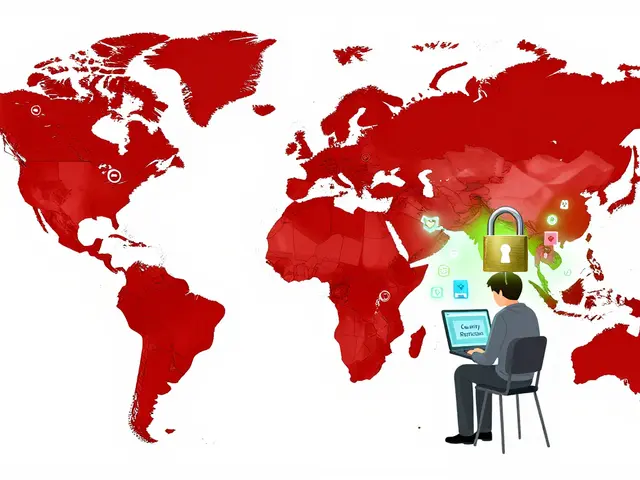Crypto Wallets: Types, Risks, and How to Stay Safe
When you own crypto, you don’t actually hold it like cash—you hold the private key, a secret code that proves you own your coins and lets you spend them. Also known as seed phrase, it’s the only thing that gives you control over your money. Without it, your coins are locked away forever—even if you know your exchange password. That’s why your crypto wallet, a tool that manages your private keys and lets you send, receive, and store digital assets isn’t just an app—it’s your bank, your vault, and your identity all in one.
There are two main types: hardware wallets, physical devices like Ledger or Trezor that keep keys offline and are nearly impossible to hack remotely, and software wallets, apps or browser extensions like MetaMask or Phantom that live on your phone or computer. Hardware wallets are the gold standard for anyone holding more than a few hundred dollars. Software wallets are convenient for trading and DeFi, but they’re vulnerable to malware, phishing, and bad extensions. If you’re using a software wallet and click a fake link that steals your seed phrase, you’re done. No recovery. No help desk. No second chances.
Most people lose crypto not because the market crashed, but because they mismanaged their wallet. They wrote their seed phrase on a sticky note. They uploaded it to the cloud. They trusted a "free airdrop" that asked for their private key. Every post in this collection shows real cases where people got burned—by fake exchanges, sketchy tokens, or bad advice. You’ll read about scams tied to crypto wallets, how some airdrops trick you into connecting your wallet to malicious sites, and why even "safe" platforms like Qmall or Btcwinex can’t protect you if your own setup is weak.
Security isn’t about complexity. It’s about habits. Never share your seed phrase. Never enter it on a website. Always double-check the URL before connecting your wallet. Use a hardware wallet for long-term storage. And if you’re new, start small—test with a few dollars before putting in more. The tools are simple. The risks are real. This collection gives you the facts, not the fluff, so you don’t become another statistic.
Software Wallets: Convenience vs Security - What You Really Need to Know
Software wallets make crypto easy to use but come with serious security risks. Learn how to balance convenience and safety when storing digital assets - and why most experts recommend using both software and hardware wallets.





